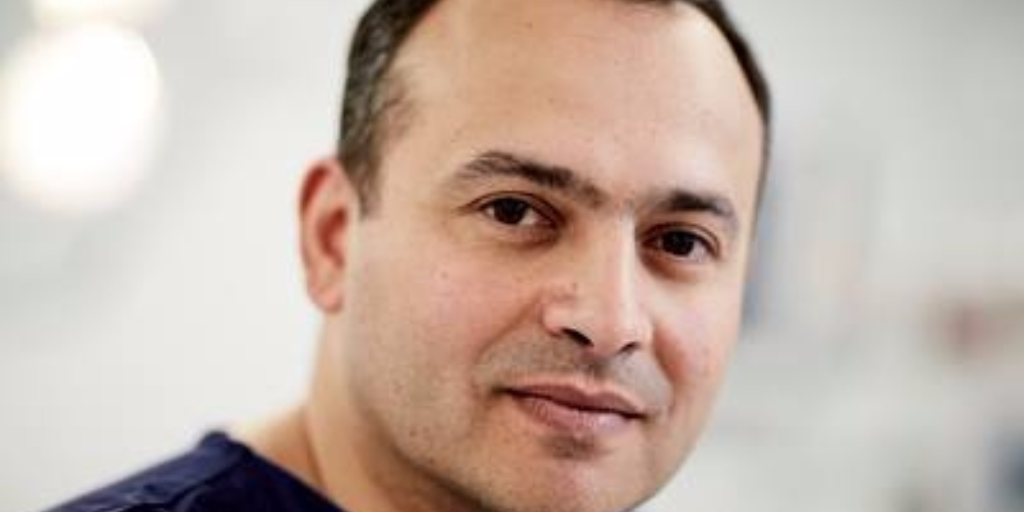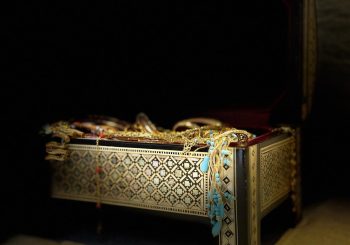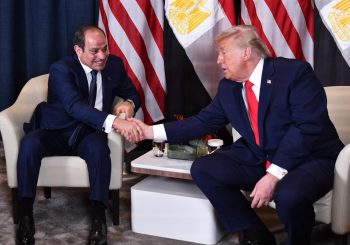Egypt’s cardiac surgeon Waleed Hassanein has been named a finalist for the European Inventor Award for his pioneering method to preserve vital functions of donor organs prior to reaching transplant recipients.
Hassanein’s process principally relies on surrounding the donor organs in conditions similar to the human body. This method has already been used in over 800 organ transplants and boosts rates of success.
The European Patent Office (EPO) has named Hassaenin a finalist for the European Inventor award in the “Non-EPO countries” category for his significant achievement.
Hassanein began working on his invention, Organ Care System (OCS), when he was a resident doctor at Georgetown University in the early 1990s. He was shocked to see a life-saving organ being placed in a cold storage.
“When I saw a human heart, the organ I was trained to protect, being placed in what was essentially a picnic cooler, I knew there had to be a better way,” said Hassanein.
The Egyptian cardiac surgeon started his journey by experimenting with keeping the organs in a warm environment and surrounding them with nutrient-rich blood.
OCS originally used to store human hearts. However, it can now store lungs and kidneys. The new OCS allows clinicians to detect and even treat infections of organs outside the body, which was impossible during the cold storage.
EPO’s President Benoît Battistelli said while announcing the finalists that Hassanein’s new method will improve the availability through successful implantation of donor organs by overcoming the shortcomings of cold organ storage.
Battistelli added, “As a true innovative leap, the invention could replace a decades-old method in clinical practice and has already helped to launch a successful company.”
The winners of the 12th edition of the annual innovation prize are set to be announced at a ceremony in Venice on June 15.
According to Hassanein, his method prolongs the organ’s life while it is being transported to the recipient. OCS enables the donor organs to remain in a near-physiological and functioning state. OCS continuously supports donor organs with warm and oxygenated blood to keep hearts beating as it allow lungs to breathe. Livers also keep on producing bile and kidneys produce urine.
There are several hundreds of thousands of patients who are currently waiting for organ transplants around the world. However and due to the limitations of cold storage, only one of three donated hearts can be used in transplants. OCS will expand the pool of available organs and boost success rates as it also helps in reducing post-transplant complications.







Comments (2)
[…] للاطلاع على الموضوع الأصلي من هنا. […]
[…] thereafter we found a lot of puff pieces about it, e.g. [1, 2, 3, 4, 5, 6]. On the surface it may look like superficial, poor journalism, but actually it’s […]